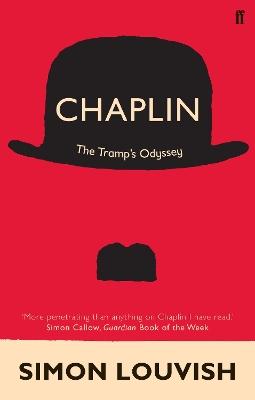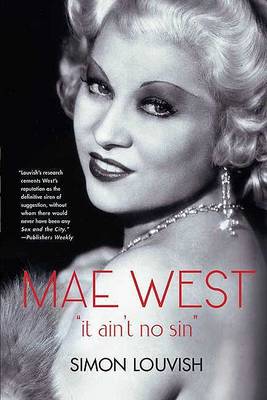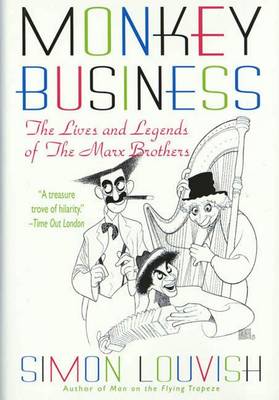Louvish Hollywood Biographies
3 total works
An Everyman who expressed the defiant spirit of freedom, Charlie Chaplin was first lauded and later reviled in the America that made him Hollywood's richest man. He was a figure of multiple paradoxes, and many studies have sought to unveil 'the man behind the mask.'
Louvish charts the tale of the Tramp himself through his films - from the early Mack Sennett shorts through the major features (The Gold Rush, City Lights, Modern Times, The Great Dictator et al.) He weighs the relationship between the Tramp, his creator, and his world-wide fans, and in doing so retrieves Chaplin as the iconic London street-kid who carried the 'surreal' antics of early BritishMusic Hall triumphantly onto the Hollywood screen. Louvish also looks anew at Chaplin's and the Tramp's social and political ideas - the challenge to fascism, defiance of the McCarthyite witch-hunts, eventual 'exile', and last mature disguises as the serial-killer Monsieur Verdoux and the dying English clown Calvero in Limelight.
This book is an epic journey, summing up the roots of Comedy and its appeal to audiences everywhere, who revelled in the clown's raw energy, his ceaseless struggle against adversity, and his capacity to represent our own fears, foibles, dreams, inner demons and hopes.
Mae West: It Ain't No Sin is the first biography to make use of West's recently uncovered personal papers, offering an unprecedented view into the endless creative drive and daring wit of this legendary star.


